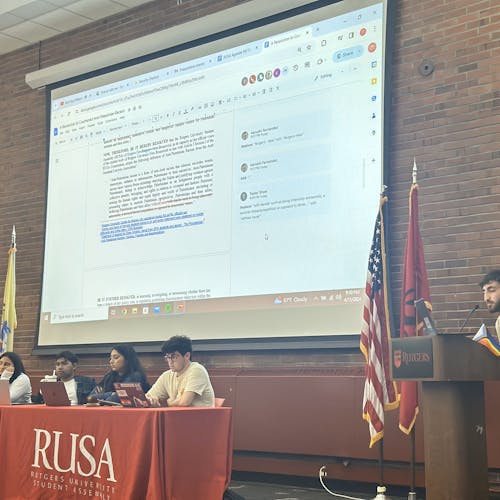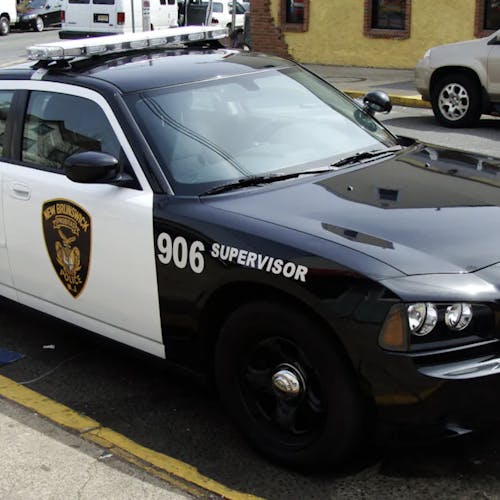'Wine Insights' course introduces students to science, cultural history of wine

Every year, more than 50 students sign up for the Wine Insights course taught at Rutgers, but approximately 10 of them drop when they realize what the class entails.
“It’s not a course where you sip wine and get an A,” said Lena Brattsten, a professor in the Department of Entomology and the creator of the course.
Wine Insights is a one-credit, comprehensive class about wine biology. It covers topics such as grape-growing, wine-making, wine-tasting techniques, wine and health issues and foods that match with wine, according to the description on the Rutgers website.
One of the learning objectives of the course is to develop an understanding of wine, from grape varieties to the drink’s possible health hazards. Another objective is how to choose a wine, which means understanding the differences between wines in European countries, Northern American countries and countries in the Southern hemisphere, according to the website.
“Some students may be surprised by how comprehensive it is,” Brattsten said.
While most prerequisites are other courses that must be taken prior, the prerequisite for Wine Insights is age. The course is only open to undergraduate students who are seniors and are at least 21 years of age, due to part of the curriculum involving wine tasting.
Brattsten said three wine tastings are held every semester as a part of the course. Each of the tastings have a different theme, such as focusing on wines of different prices or wine from certain regions.
Some of the students come into the class with a genuine interest in the subject of wine, such as Brendan Francy, a School of Engineering senior.
“I’ve always been interested in wine. I definitely had a strong influence from my parents, who’ve always enjoyed it and thought it would be really interesting and cool to take (the course),” he said.
Other students come in with no background knowledge of wine. Jessica Murray, a School of Arts and Sciences senior, said she was surprised by the science involved in the process of wine-making.
“I didn’t really come into the class with a ton of background knowledge, but it’s a lot of chemistry … there is a lot of chemistry and science that goes into it, which was kind of surprising for me,” she said.
Wine Insights explains many aspects of wine, from the sensory process, to the wine-making process, to even a cultural history of the drink. Brattsten said it also helps students who make the decision to purchase wine.
“They learn to understand what it is they like and what it is they don’t like about a wine, so they can more easily buy wines they will be happy with,” she said.



